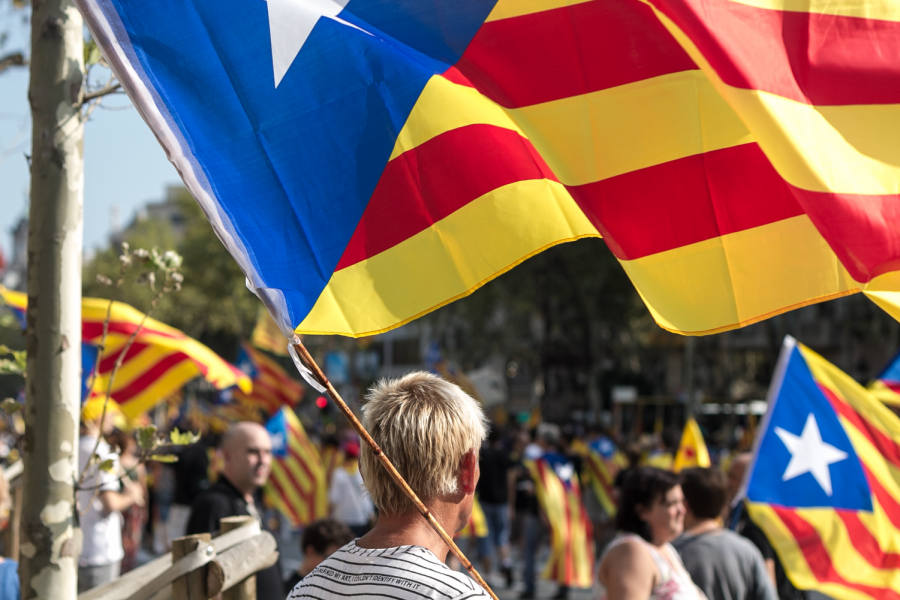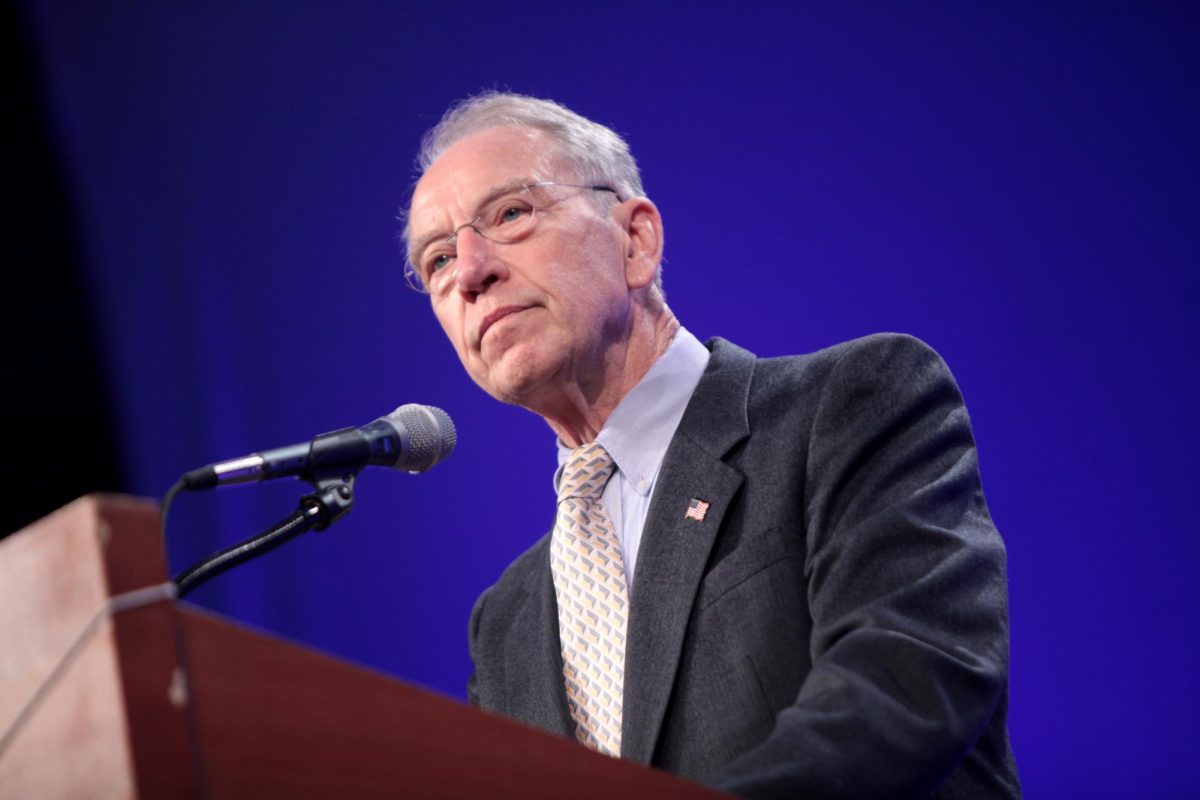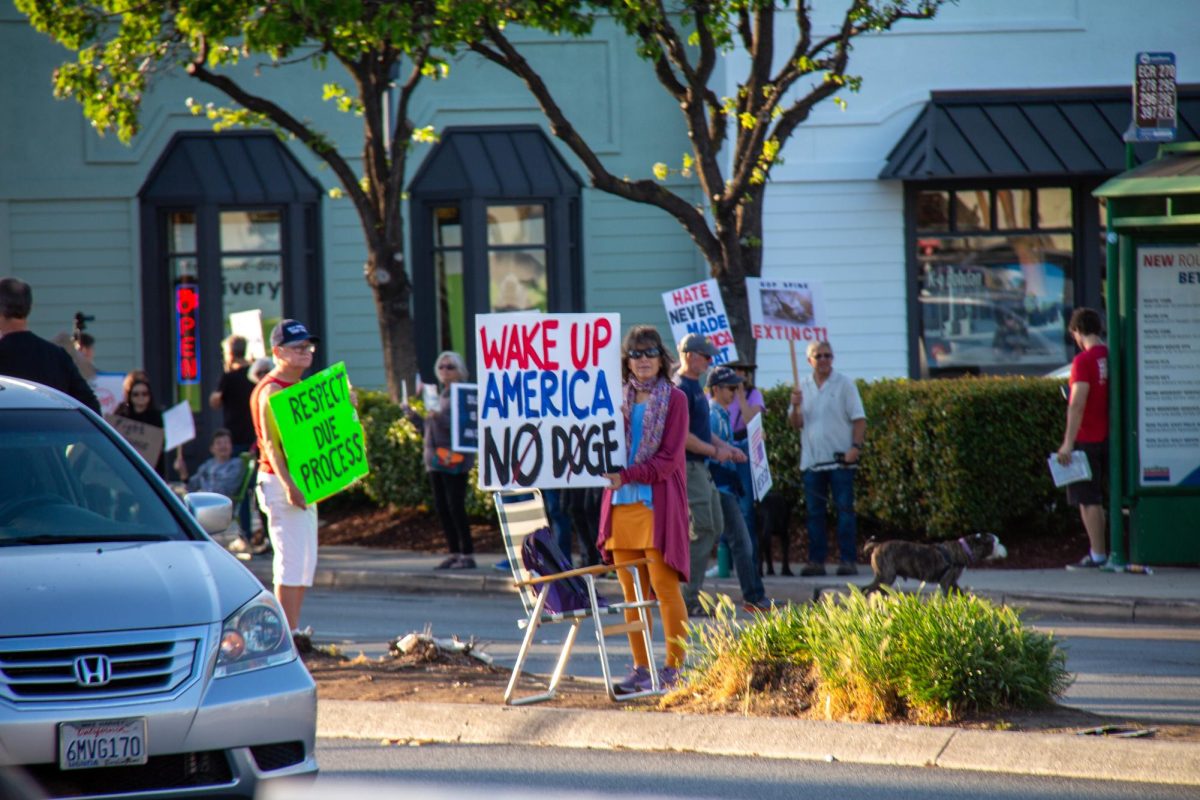BARCELONA, Spain — After Catalan officials declared independence on October 26th, the Spanish Government moved to execute unprecedented, direct power over Catalonia in an effort to quiet the secessionist sentiment of the region.
The Spanish Senate then granted Spanish Prime Minister Mariano Rajoy complete control over Catalonia through Article 155 of the Spanish Constitution, which states that the government can “take all measures necessary to compel the Community to… fulfill the obligations imposed upon it by the Constitution or other laws.”
Although the Catalan Parliament voted 70 to 10 to separate from Spain, Catalan citizens are evenly split about whether to secede from Spain.
“Right now Catalonia is divided in two parts: the ones that want to go out and the ones who want to stay and they are like 50-50 more or less,” states Nuria Saavedra García, a Madrid native living in the Bay Area.
Catalonia held a contested referendum election on October 1st, with 92 percent of Catalan citizens voting in favor of independence, but only 43 percent of the population voted. Additionally, the referendum vote reportedly had rampant voter fraud, with many people voting multiple times.
Saavedra García comments, “People can vote anytime they want… and it counts like 5 times or 10 times.”
Spanish officials highly opposed the vote, as the country brought National Police officers to Barcelona in riot gear. The soldiers seized ballot boxes, and over 750 people were injured in clashes between the National Police and Catalonian independence supporters.
“If you go to Spain, you can really see how Barcelona has its own sense of pride; you can really tell the sense of separation,” Woodside Spanish teacher Amy Hanson mentions.
Part of the reason for the strong feeling of pride in Catalonia is that the province fought for the rebellious Republican faction in the Spanish Civil War of 1936. Catalonia lost and did not obtain independence after the war.
Marta Solsona, a Barcelona native living in Menlo Park, comments, “If we look at more recent history, in 1936, there was a civil war in Spain, and that was started because Catalan wanted to separate.”
Some Catalans feel strongly about the outcome of the Civil War and the topic is regarded as an open wound in Catalonia.
“People still have [the Spanish Civil War] in mind, because it was 70 years ago, so it’s still kind-of fresh,” Solsona mentions. “It creates a lot of emotions, a lot of feelings, people get upset.”
After the Civil War, the dictator General Francisco Franco ruled Spain from 1939 until he died in 1975. Spain only became a democratic nation after Franco’s death. Franco’s regime suppressed all opponents to his rule, including separatist movements in Catalonia.
“There was a dictatorship named Franco, the same as Hitler or Mussolini,” Solsona recounts, “During the [Civil War, Franco] killed the Spanish right wing; Franco killed the Catalan President.”
Spain’s takeover of Catalonia will have drastic, long-lasting effects on the province.
Solsona states, “Because Catalan has its own police, health system, and education, if Spain takes over, then it’s going to change.”
Besides the domestic consequences of Catalan independence, Catalonia’s economy will also suffer, as the declaration of independence means that Catalonia is no longer a part of the European Union.
“Many companies from Catalonia are now thinking, ‘If Catalonia is independent, we will change [our headquarters],’” Madrid native Irene Royuela comments.
Spain is a member of the European Union (EU); so the country obtains benefits such as free-trade between EU members and access to the Eurozone, the bloc of nations who use the Euro as their national currency. Catalonia, as an independent nation, will have to apply to become a member of the EU and would not obtain these benefits until they become admitted into the union, a process that can take years.
“I don’t think it is in the best interest of Spain or Barcelona to separate,” Hanson states, “only because Barcelona is a really small region, and they’re going to be faced with a lot of issues that the government of Spain protects them from, like the Eurozone and an army.
Parallels between Catalonian Independence have been drawn to Quebec’s attempt at secession from Canada in 1980 and Britain’s successful vote to leave the EU in 2016, commonly referred to as ‘Brexit.’
Hanson mentions, “It’s kind-of like the Brexit thing: how if you say you are going to do it, you reap what you sow.”
Even though Catalonia’s declaration of independence is unconstitutional, similar to how Quebec’s former secession movement from Canada is illegal, many believe that Catalonia should be able to legally hold a vote for independence.
“When you have two million people in the streets asking for something, the Spanish government should listen, and they should allow a referendum,” Solsona states.
Following the official Catalan independence declaration, Spanish officials dissolved the Catalonian Cabinet and fired the police chief. Despite this, the independence movement may still grow.
Solsona comments, “If [Spain] takes control of education, and police, and health system, and they put [in] their own people, I think the people in Catalonia are going to get more upset and the independence movement is going to grow.”









